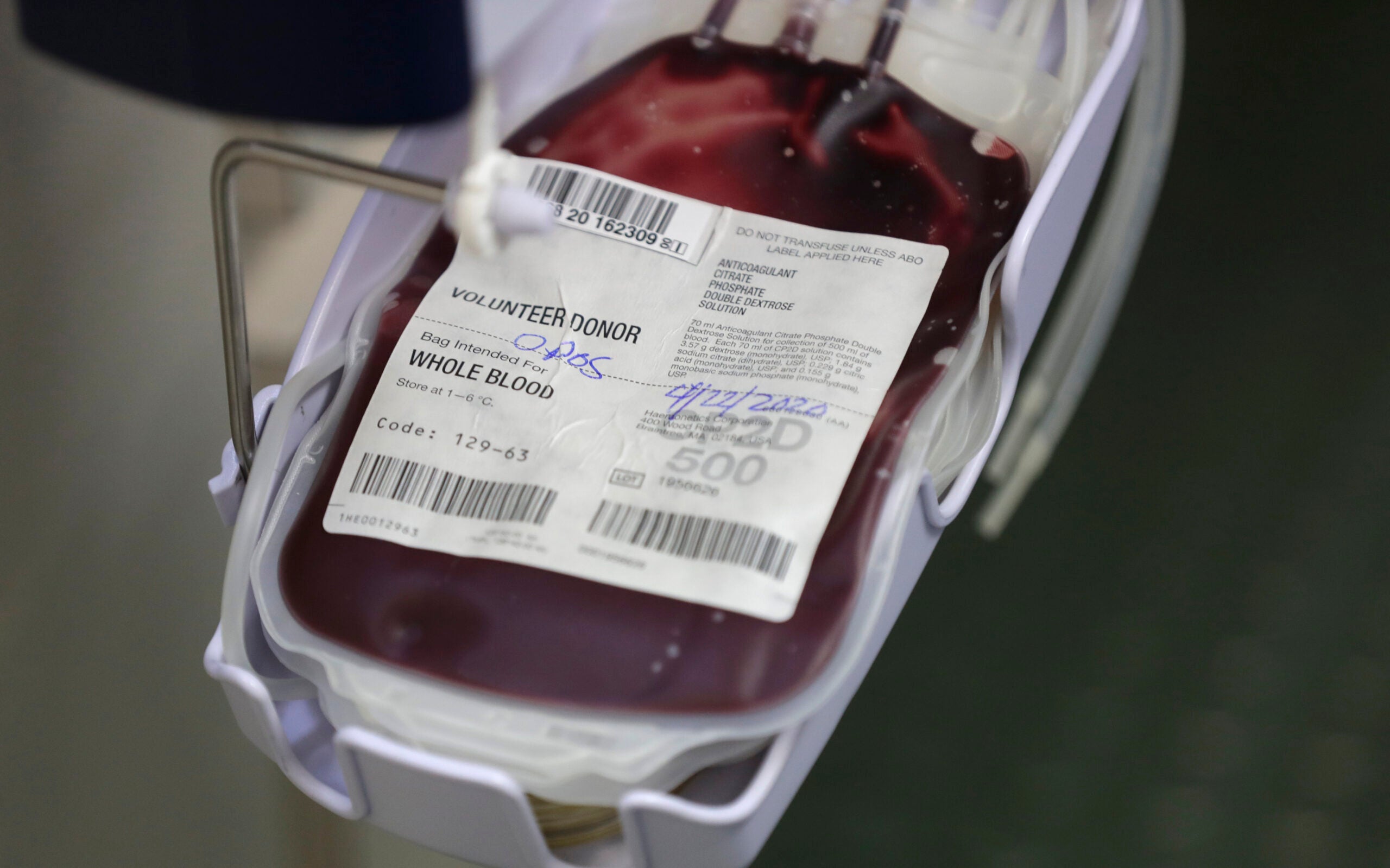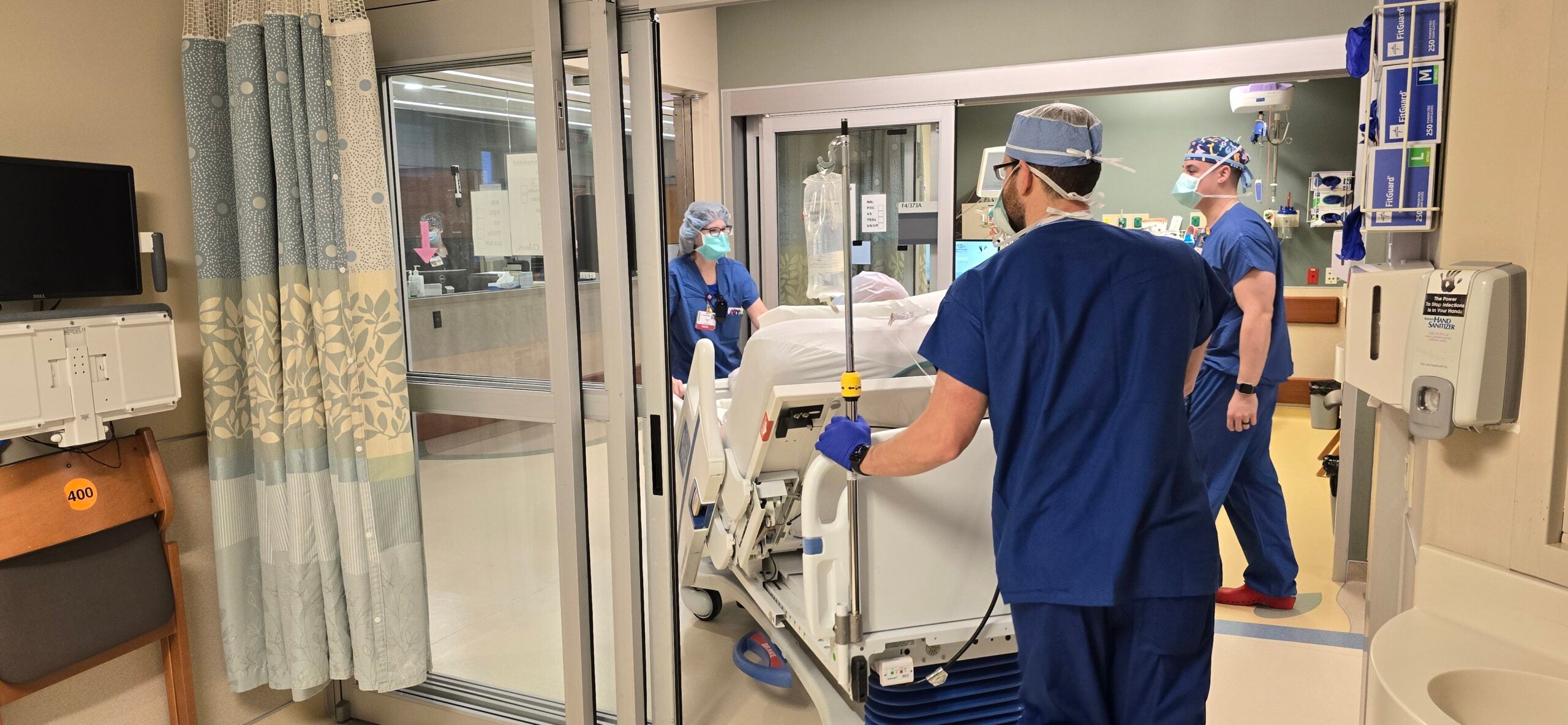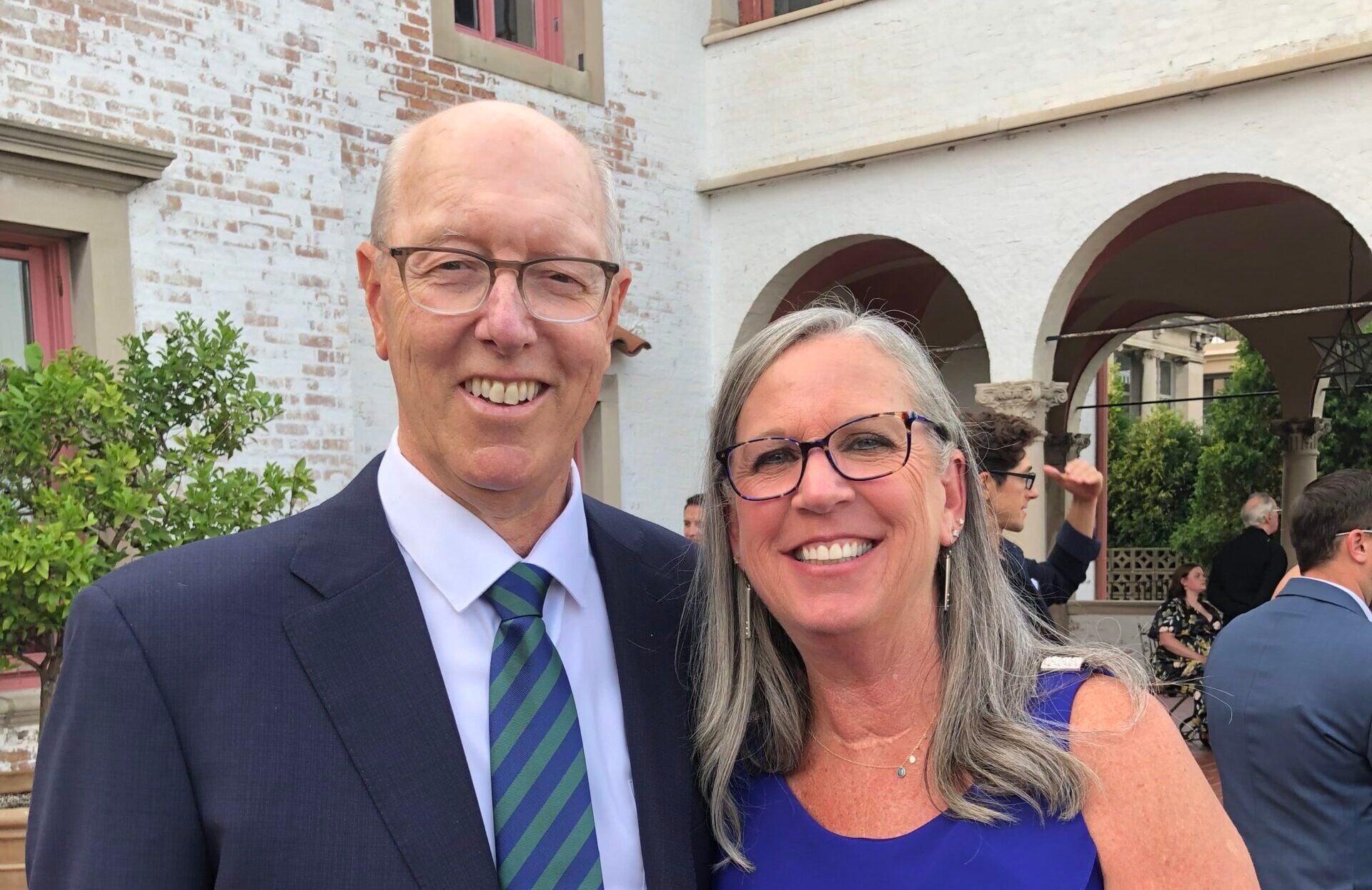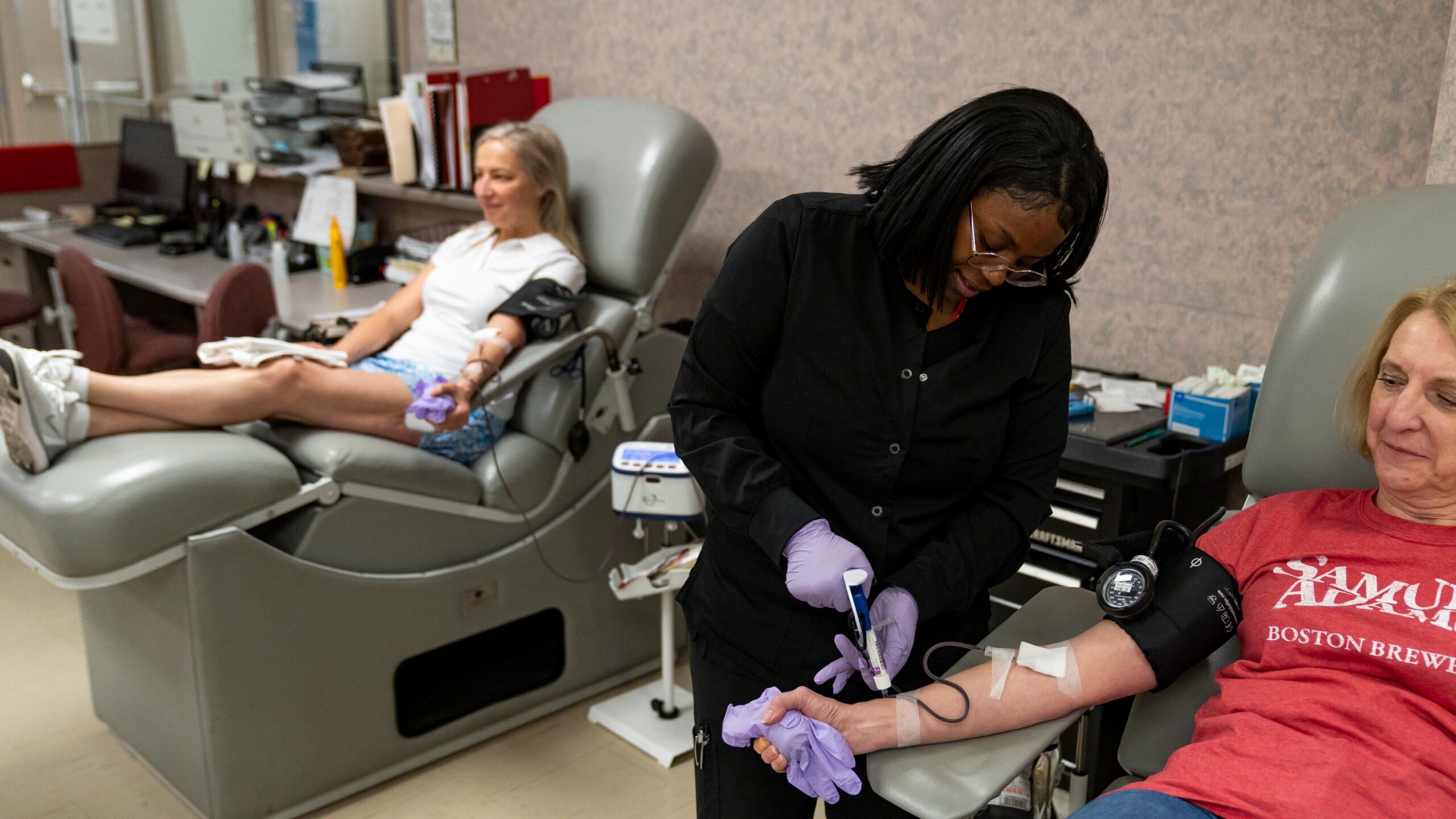After a roller coaster year for blood donations, blood providers in Wisconsin and the surrounding region are encouraging people to find time to donate blood during the holidays.
ImpactLife provides blood products to hospitals in southern Wisconsin, Illinois, Iowa and Missouri. Amanda Hess, ImpactLife’s vice president of donor relations and marketing, said on a call with reporters that it’s typical to see the number of donations decline around the winter and summer holidays.
“People travel, they have other events going on with their families, but it’s really pronounced during periods like this when we have high illness (spread) that we are still working through,” she said. “Our cancellation rates have spiked in terms of donors being able to come in.”
News with a little more humanity
WPR’s “Wisconsin Today” newsletter keeps you connected to the state you love without feeling overwhelmed. No paywall. No agenda. No corporate filter.
Joshua Dugal is manager for trauma, EMS and injury prevention programs at SSM Health Cardinal Glennon Children’s Hospital in St. Louis, Missouri, one of the organization’s that receives blood from ImpactLife. He said the increase in travel that makes blood donations decline during the holidays also makes the need for blood increase, with highway accidents typically reaching yearly highs.
“You need blood whenever you need blood. There’s nothing else you can substitute for it, and you need it right now,” Dugal said during the call.
With that need in mind, Hess said her organization is ramping up outreach efforts, especially to people who have never donated. She said there has been a dramatic decline in first-time donors since the start of the pandemic.
“We’re seeing about 100 fewer first-time donors every week right now in 2022 when you compare that to 2019, the year before the pandemic,” she said. “Many blood centers across the country have lost a significant portion of our donor base who we have not been able to get back.”
Justin Kern is communications director for American Red Cross of Wisconsin, which serves hospitals across the state. He said 2022 had huge peaks and valleys in blood donations, from the organization issuing its first-ever blood crisis in January because donations were so low to some of the highest donation appointment numbers seen by the organization in recent years in the spring.
“In the summertime, people kind of went out, traveled and tried to get back to normal and do a normal summer, and we saw a huge drop in collections and appointments,” he said. “It kind of rebounded in the fall, and we’ve been somewhat steady in the winter.”
Kern said his organization is worried donation numbers could once again plummet heading into the holidays, especially with winter weather keeping people home.
“The winter weather, especially this week Thursday and Friday, looks particularly brutal and that could certainly impact some drives,” he said. “And just the lingering three-headed monster of COVID, flu and RSV that certainly are affecting people’s health and their ability to come out and donate. So we are worried.”
The Red Cross has several major drives planned around the state in the coming weeks, including their largest single-day drive at the Alliant Energy Center in Madison. That drive was in some peril earlier this month as Red Cross workers threatened to strike if their unions, AFSCME Locals 1205 and 1558, couldn’t reach a new contract agreement. After the union accepted a new contract last Wednesday, a local union leader said in a statement the threat to strike during the annual holiday drive was critical to reaching the agreement.
Kern said his organization was pleased that the union voted to ratify the agreements, saying the move will help everyone remain focused on collecting blood at upcoming drives.
Wisconsin Public Radio, © Copyright 2026, Board of Regents of the University of Wisconsin System and Wisconsin Educational Communications Board.






